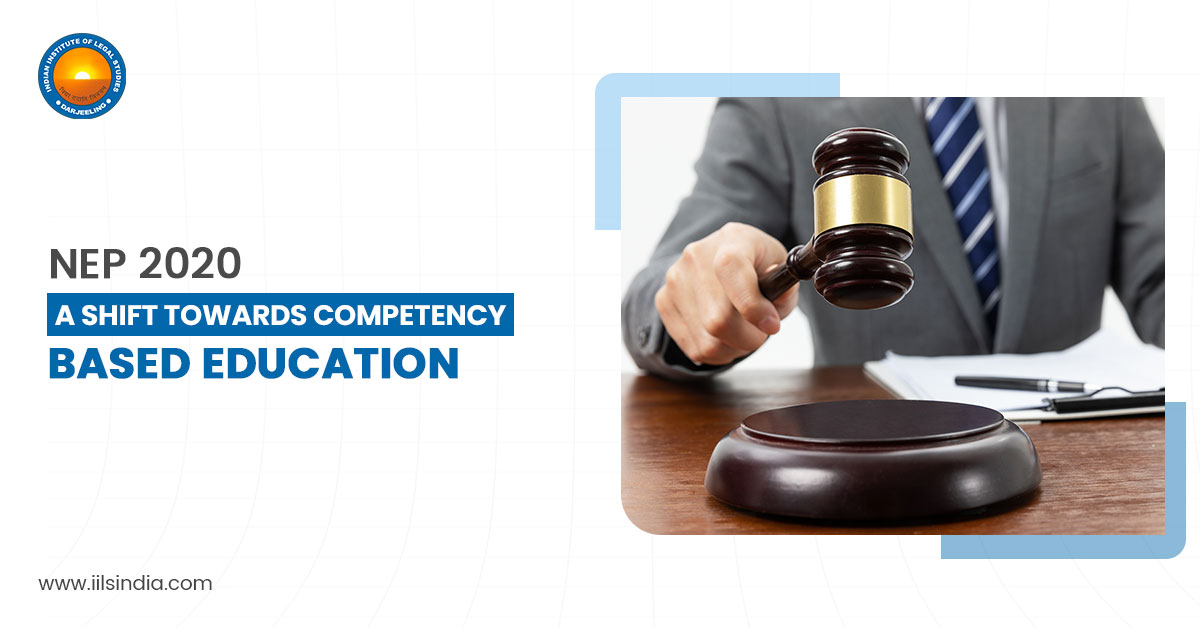The National Education Policy 2020 (NEP 2020) in India marks a significant shift in the country’s approach to education, deeply impacting the examination system. NEP 2020 advocates for a holistic and multidisciplinary approach to learning, moving away from rote learning and standardized testing towards more comprehensive evaluation methods. The policy emphasizes competency-based education, focusing on the development of critical thinking, problem-solving skills, and creativity. This necessitates a corresponding overhaul of the examination system, shifting from a primarily summative assessment model to one that integrates formative assessments throughout the learning process. This shift aims to provide students with continuous feedback and identify areas needing improvement, thereby reducing the high-stakes pressure associated with final examinations. These all aspects are take care here, in the Indian Institute of Legal Studies Cooch Behar which is one of the best colleges for law. This aims to minimize the pressure students face and promote a more relaxed learning environment, fostering a love of learning rather than a fear of failure. The introduction of a more flexible curriculum also allows for greater customization of assessments, catering to diverse learning styles and abilities.
One of the key changes proposed by NEP 2020 is the introduction of multiple assessment methods. These include project-based assessments, presentations, portfolios, and practical examinations, in addition to traditional written tests. This diversification aims to capture a more comprehensive picture of a student’s learning and abilities. The policy also advocates for the reduction in the number of high-stakes examinations, particularly at the school level. The implementation of NEP 2020’s assessment reforms faces several challenges. Firstly, there is the need for extensive teacher training. Educators require adequate training to design and implement diverse assessment methods effectively. The existing infrastructure and resources in many schools may not be sufficient to support the new assessment models. Furthermore, developing reliable and valid assessment tools that accurately measure the desired competencies requires significant effort and resources. The integration of technology into the assessment process is another challenge, requiring both infrastructure improvements and teacher training in using technology for assessment purposes.
Experts in education, curriculum development, and assessment have provided valuable insights and recommendations. International best practices in assessment have also informed the policy’s recommendations. The NEP’s development involved extensive consultations with stakeholders, including educators, students, and parents. This collaborative approach aimed to ensure that the policy reflects the needs and aspirations of all those involved in the education system. Looking towards the future, successful implementation of NEP 2020’s assessment reforms requires ongoing monitoring and evaluation. Regular review and adjustments will be necessary to address any challenges and ensure the policy remains effective in achieving its goals. Continued investment in teacher training and infrastructure development will be essential for sustainable change. Further research into effective assessment methods and the development of new assessment tools will be vital. The enduring impact of NEP 2020’s assessment reforms relies on collaborative and persistent efforts from educators, policymakers, administrators, and the broader educational community. The journey towards a more holistic and learner-centric assessment system requires patience, collaboration, and a commitment to ongoing improvement. This is the prime aim of Indian Institute of Legal Studies Cooch Behar which is one of the best colleges for law.

